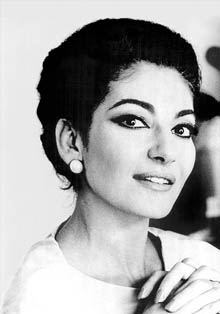Nicolás Pascual de la Parte
Ambassador of Spain
This weekend’s virtual CDU conference will elect Chancellor Merkel’s successor as party leader. Three male candidates, from the west of the country, Catholics and parents of three children, are competing for the post: Friedrich Merz, Armin Laschet and Norbert Röttgen.
This will be the first station in the end of the long “Merkel era” (with the terminal at the federal elections on 26 September) in German and European politics, characterised by stability and predictability, attributes that are particularly valued by the German electorate, perhaps the least adventurous in Europe. No Western democratic country has had such long-lasting chief executives as Chancellors Adenauer, Köhl and Merkel herself.
The 1001 Christian Democratic voters will basically decide between continuity and a new beginning, between following Merkel’s centrist and consensual line (Laschet, Röttgen) or a return to the more conservative and liberal roots of the CDU (Merz). In a national and international situation dominated by the coronavirus pandemic and the ensuing economic and social crisis, it is possible that voters will opt for the candidate who offers the most security and certainty.
And from this perspective would increase the chances of Armin Laschet, current president of the Land of North Rhine-Westphalia (the most populated in the country with its 18 million inhabitants), who has used his experience of government and his ability to enter into a coalition with the Green Party, the second on the German political spectrum that will be needed to govern in Berlin (probably together with the liberals of the FPD). Norbert Röttgen can also show a commendable record of service to Merkel’s de-ideologised pragmatism from his previous portfolio on the environment and his current post as chairman of the Bundestag’s Foreign Affairs Committee.
Friedrich Merz, for his part, represents a shift towards the CDU’s conservative and liberal founding creed, which many of his traditional voters saw as betrayed by Merkel’s migration, energy and labour policies, migrating to the ranks of “Alternative für Deutschland” (AfD).
In any case, the next CDU’s leader will have to negotiate with his Bavarian sister party CSU their joint candidate for the Federal Chancellery. In this situation, CSU leader and Bavarian Land President Markus Söder could emerge as a strong contender, given his reputation as a flexible and decisive politician. Nor should we rule out the candidacy of the young and reform-minded Health Minister Jens Spahn, in tandem with Laschet as leader of the CDU.
Be that as it may, nothing will be the same in Germany or Europe after Merkel, who with a sure hand, large doses of pragmatism and risk aversion has managed the crises that have swept the continent in recent years. In particular for Spain, the result of the 26 September elections will be crucial.
© All rights reserved





